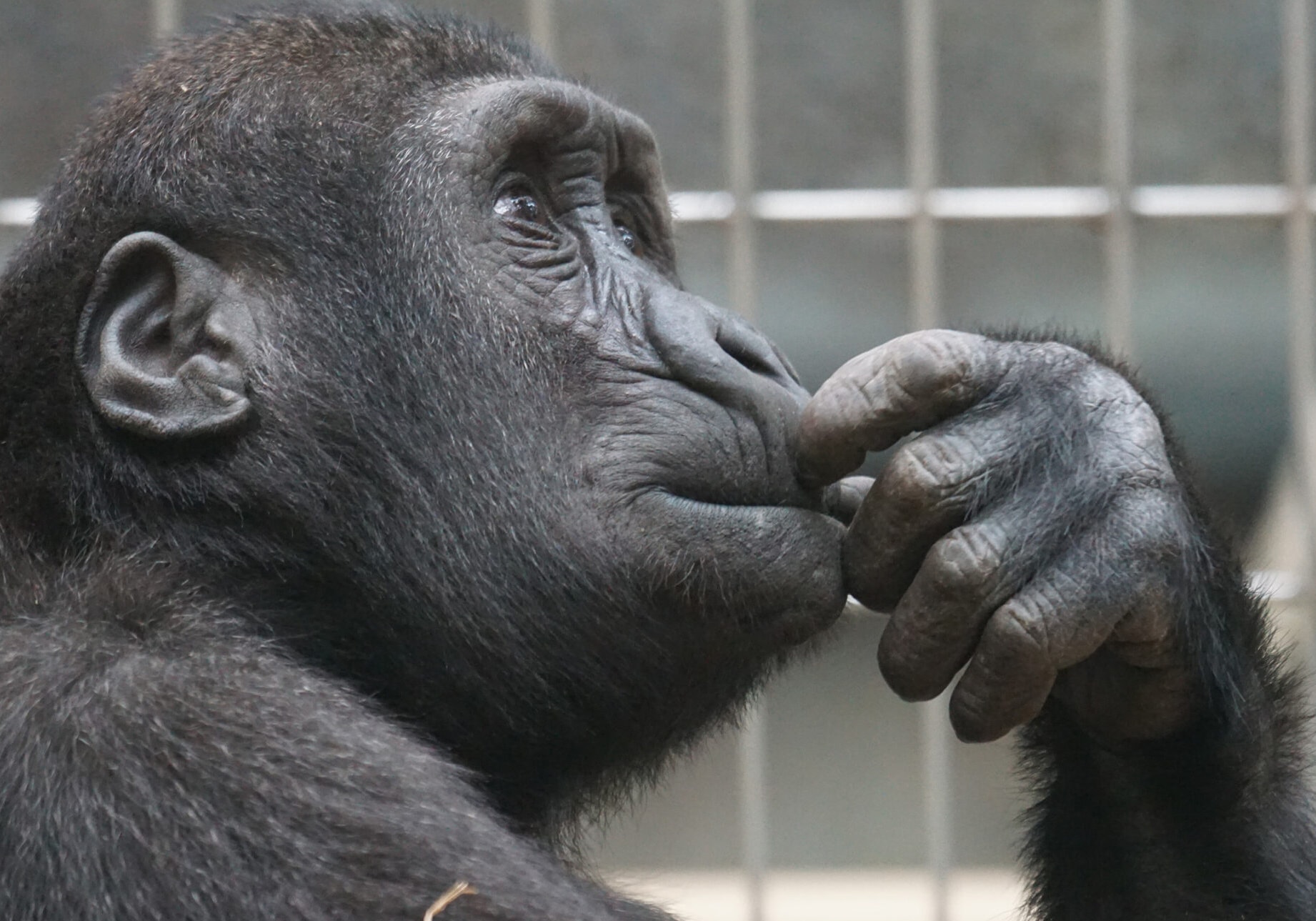Why the Most Valuable Skills for the Future are Those of Critical Thinking

The first and possibly most significant point is that critical thinking is a skill, and just like any other skill, it gets stronger with practice. The skill permits us to search for something more truthful based on “… patience to doubt, liking to reflect, slowness to assert, willingness to consider, carefulness to dispose of and place in order.”
Generally speaking, critical thinking is the process of making decisions based on an accurate, unbiased review of the available facts. It can help us think more clearly and make wiser decisions.
“Critical thinking is reasonable, reflective thinking that is focused on deciding what to believe and do.”
Robert H. Ennis, Author of The Cornell Critical Thinking Tests.
So, you must be asking – Critical thinking: What is it? Here are the 5 general rules to think critically:
1. Keep an open mind and consider all your options.
2. Before making a choice, we should learn as much as possible about the issue.
3. Think about the validity of our information sources.
4. Consider our conclusion, our justifications, and the presumptions we made.
5. Think about bias. Both those in the evidence we are using and those of our own.
How do I define critical thinking?
Since young, I learned to instil the habit of being critical. Sometimes I felt am I condemning anyone; rather, I wanted to consider what other people wanted me to believe. “Believe half of what you see and nothing of what you hear” was one of my favourite proverbs.
I always ask myself these questions whenever I ponder a problem, hear a discussion, think about a news item, read an article, or watch a documentary: Who is saying something and why? What’s their angle and why? What evidence is there to support what they are saying?
When I consider the shreds of evidence, I also need to consider the quality of the evidence. Is it independently verifiable? For example, there is evidence that companies have been marketing themselves green. But that evidence comes from their statements attesting to their experience of being sustainable. How reliable is this? What other independent evidence is there to corroborate their stories? What bias do they have? For example, people tend to believe things more easily if they support what they already think (it’s called confirmation bias.)
What’s my bias? I can only be partially objective. Just like everybody else, I am a product of my upbringing and environment. Therefore, I must consider my bias as part of the critical thinking process.
“How Critical Thinking Can Change the Game”
What does critical thinking mean for you?
The most crucial factor to take into account is this. Do you wish to use your critical thinking skills, or are you content with merely accepting what others tell you? Keep in mind that critical thinking is a skill you can learn, develop, and master.
Critical thinking might cause us to doubt ideas we had previously taken as gospel. It can be frightening to do this. It may even go so far as to challenge our perception of who we are and what we support or oppose. However, you must first ask yourself a fundamental question. Do I want to be ignorant my entire life, or do I want to learn the truth? You have the choice to choose ignorance, but you are passing up a tremendous opportunity. However, critical thinking might lead you there if you want to educate yourself and learn more about the world you live in.
Get a Free Strategy here. Maybe my coaching method could help improve your critical thinking skill.